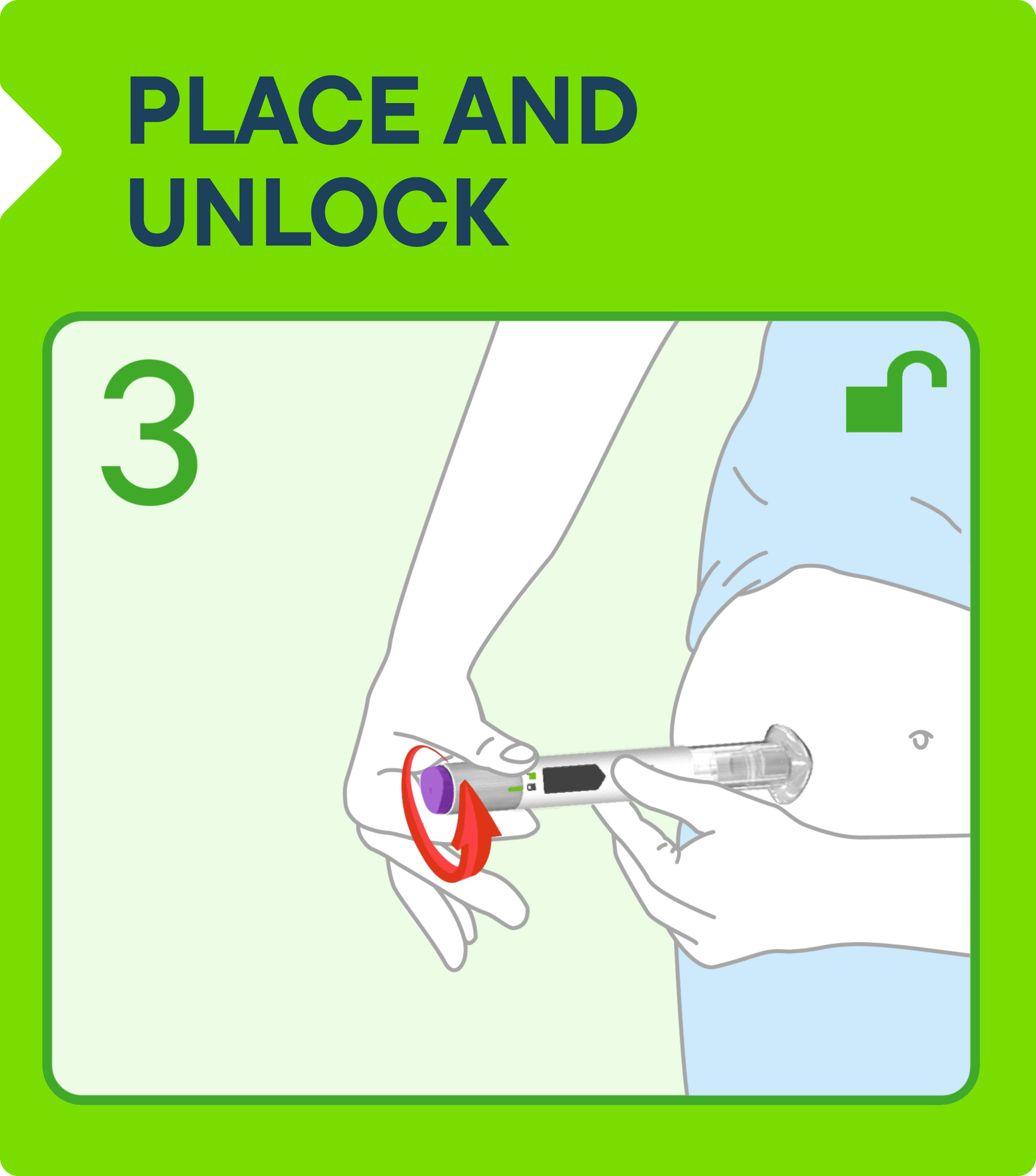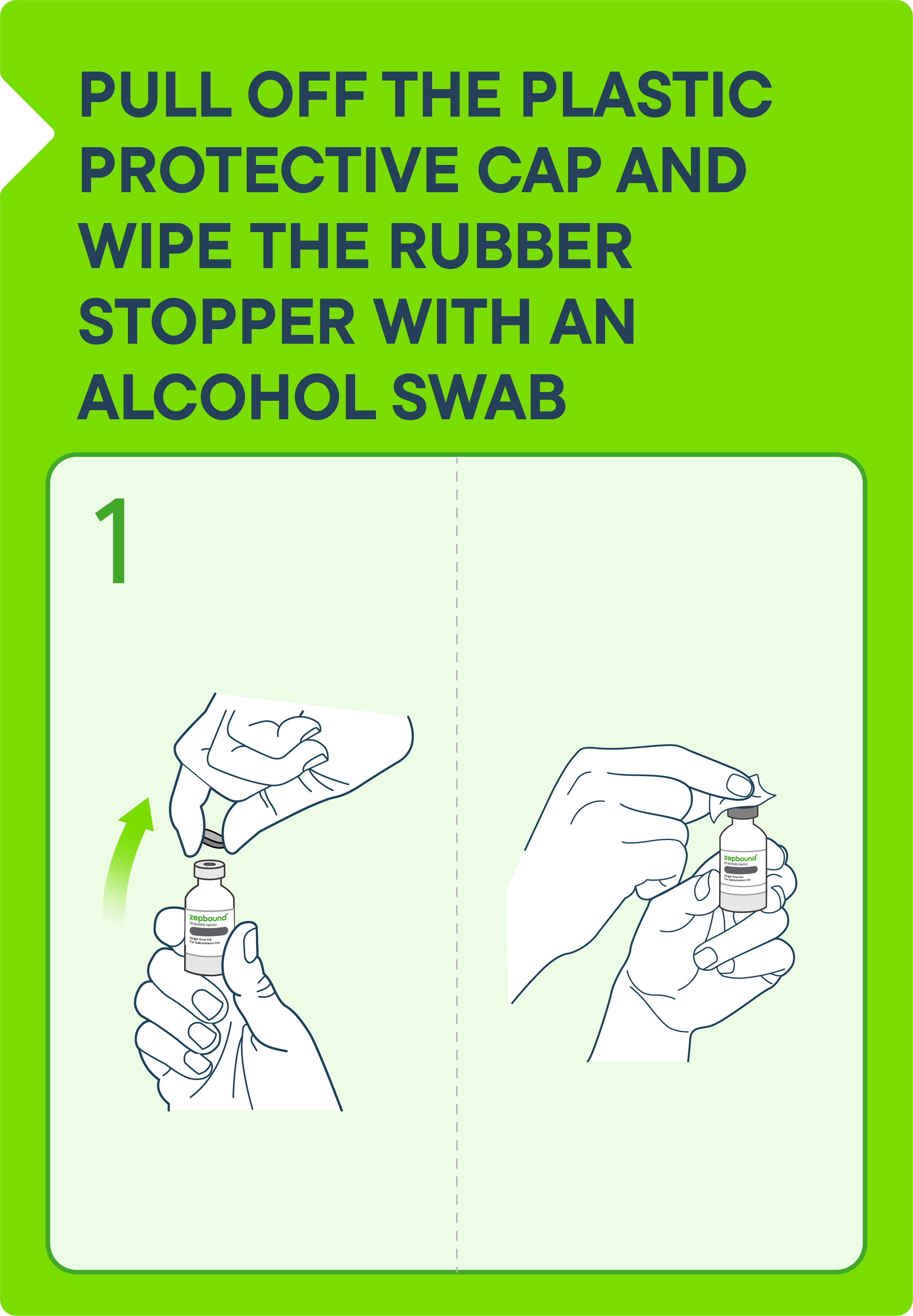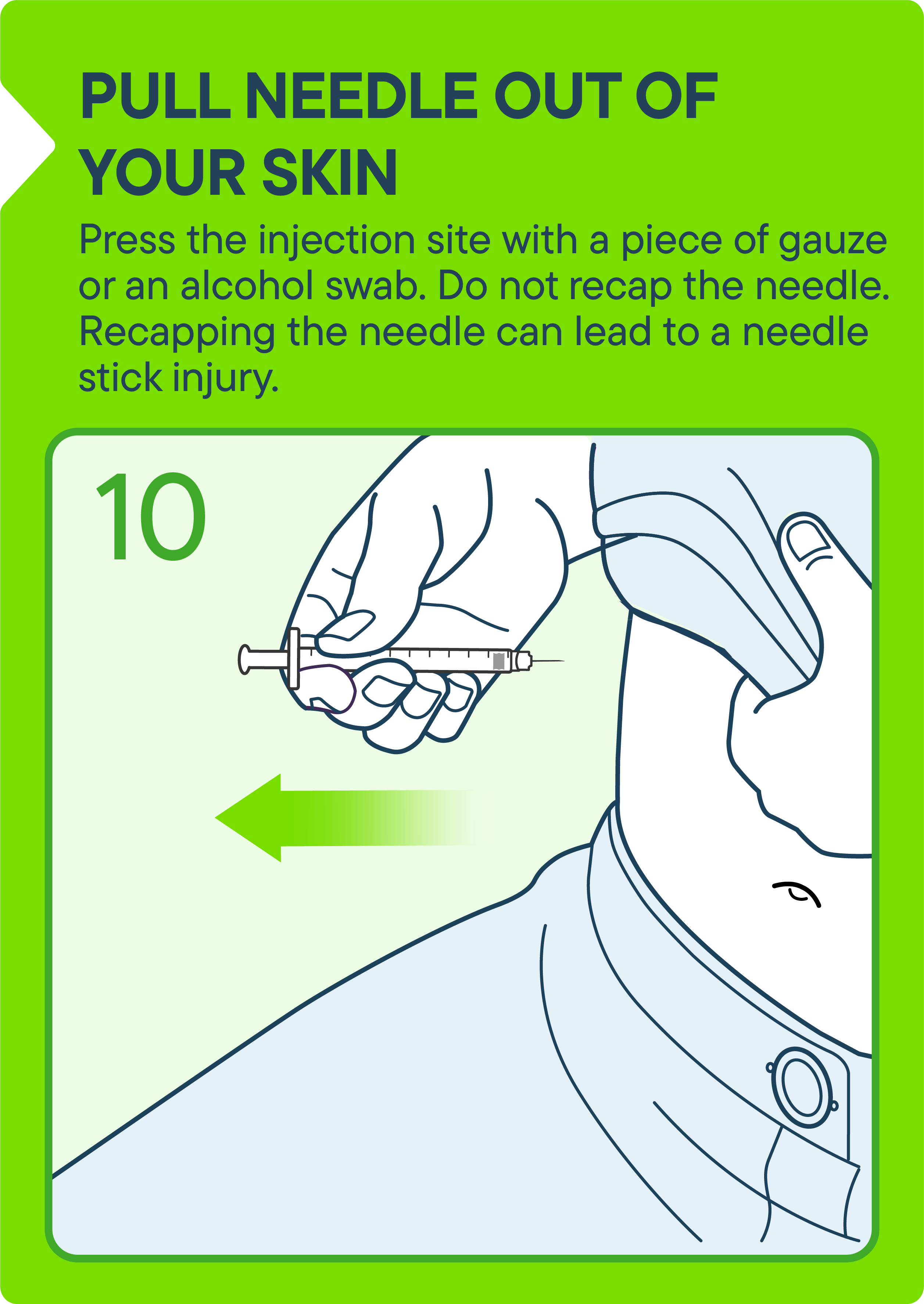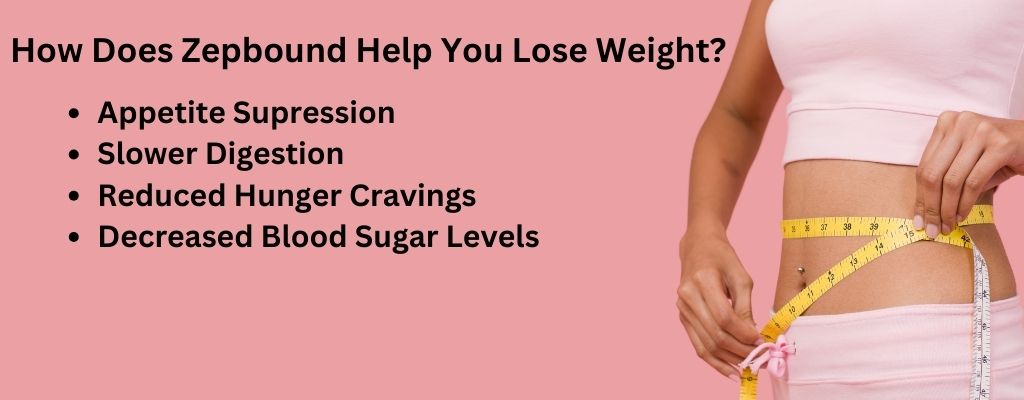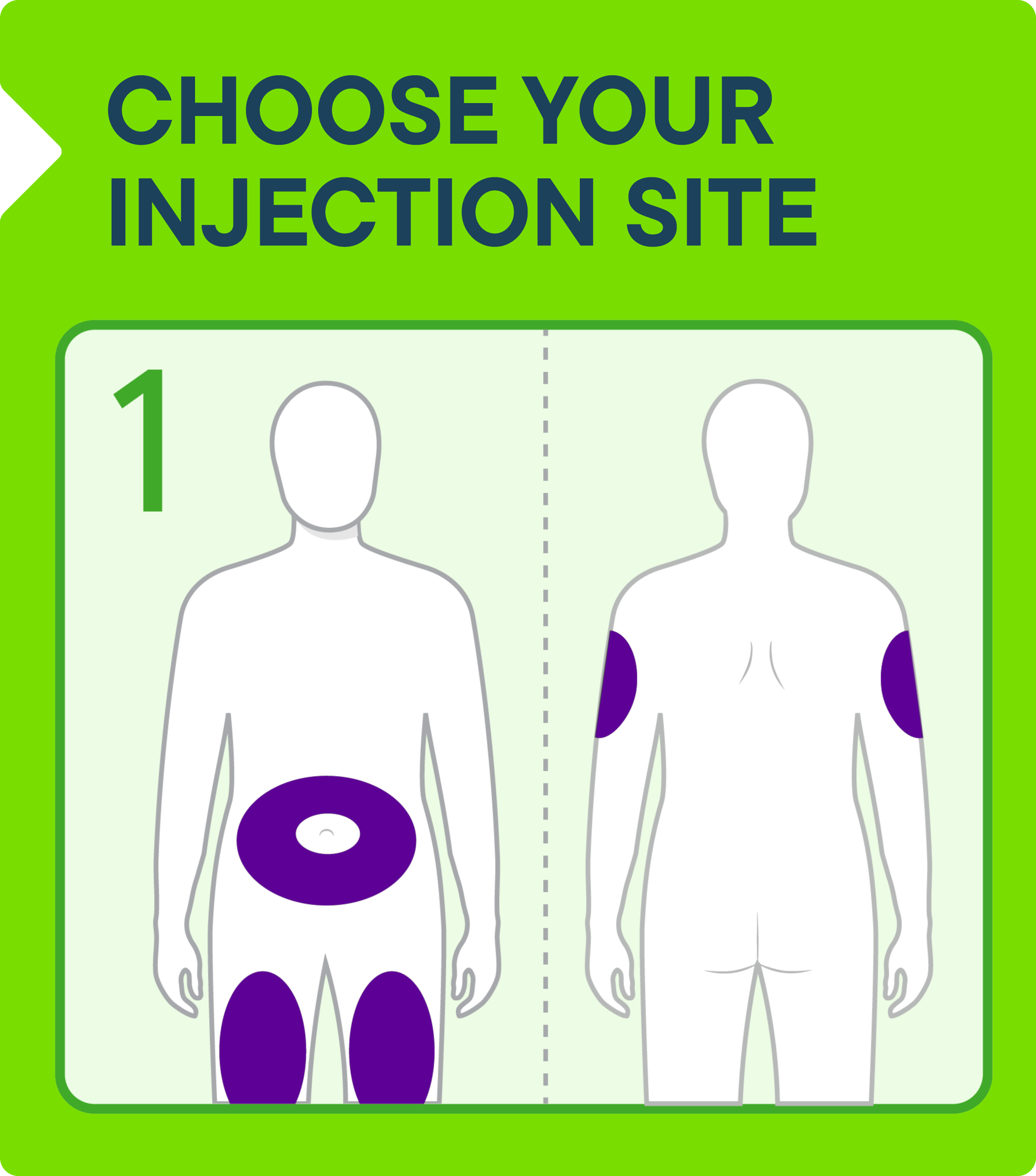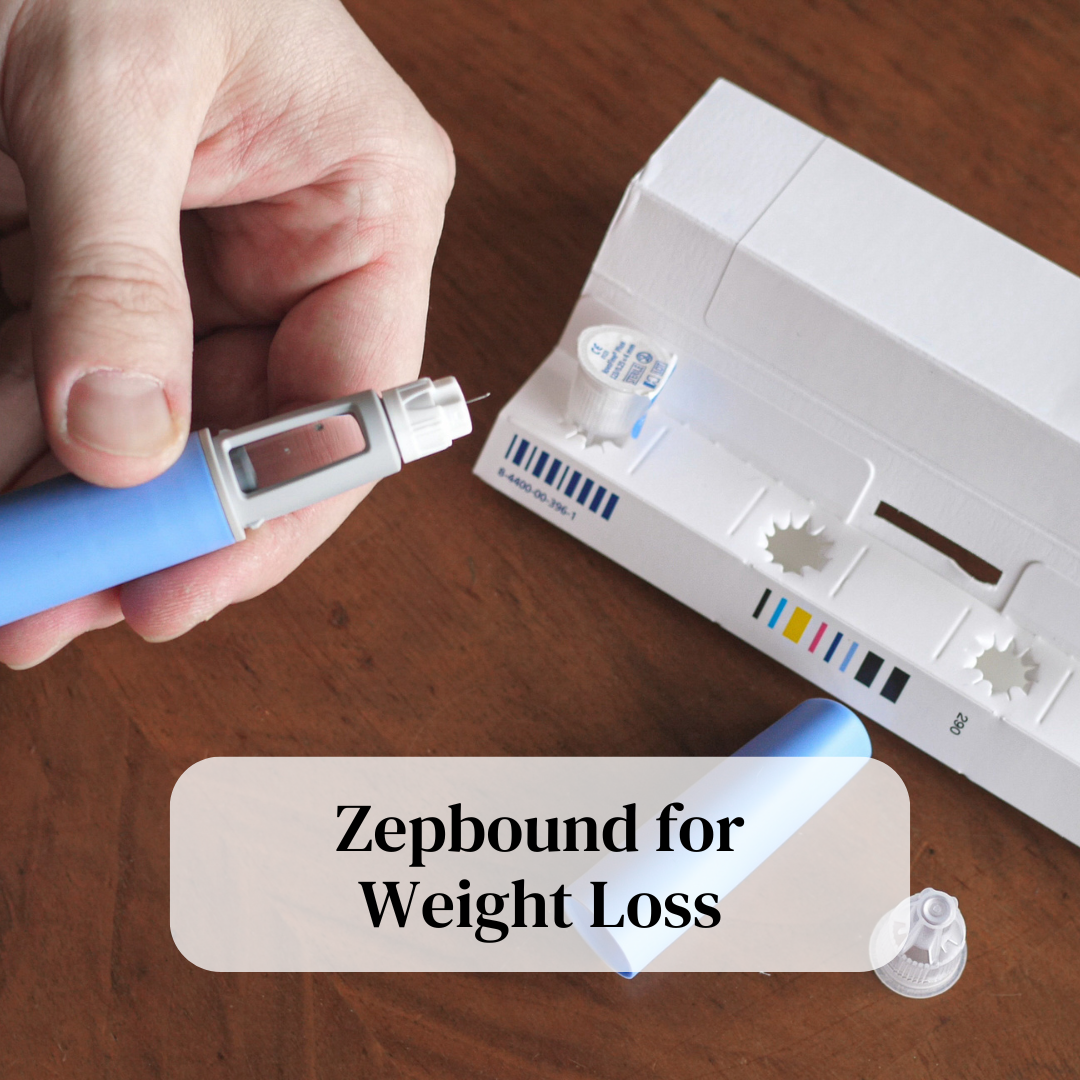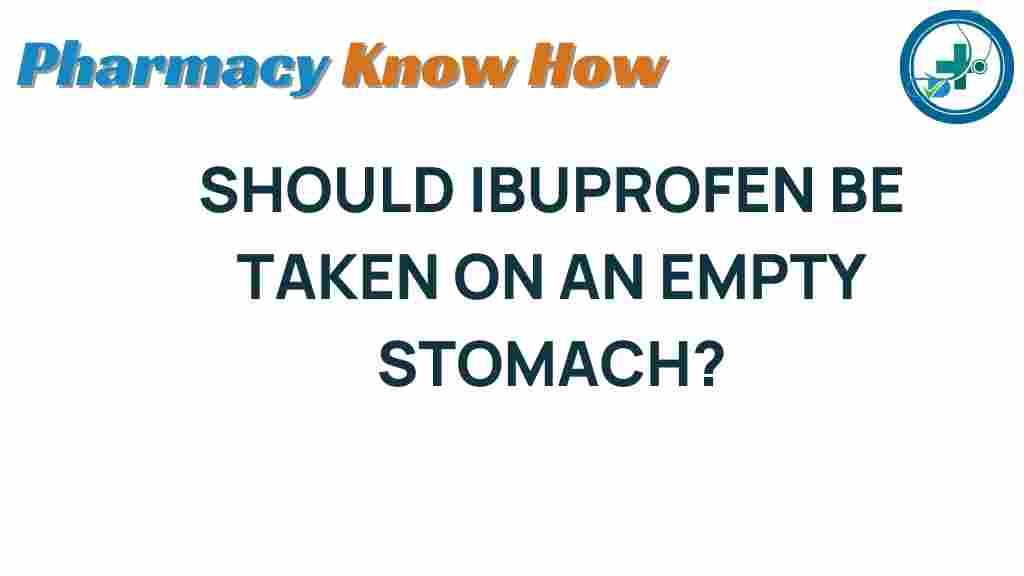Should I Take Zepbound On An Empty Stomach
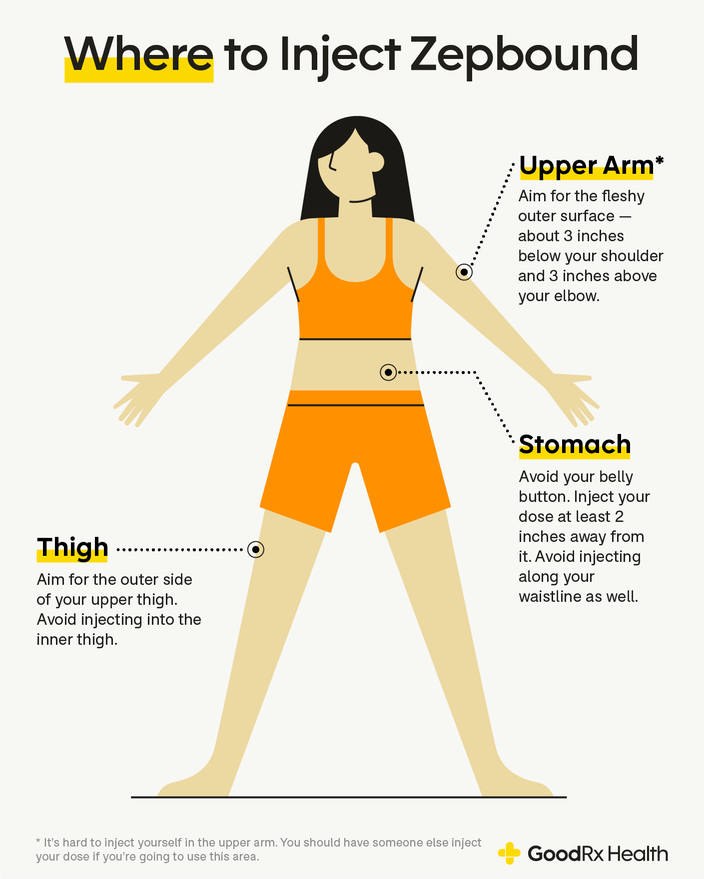
For individuals considering or already taking Zepbound, a medication recently approved for chronic weight management, one frequently asked question is: Should I take Zepbound on an empty stomach? Understanding the optimal administration of this drug is crucial for maximizing its effectiveness and minimizing potential side effects.
This article will delve into the available information regarding Zepbound administration, examining recommendations from medical professionals and the manufacturer, Eli Lilly, to provide clarity for patients and healthcare providers alike.
Understanding Zepbound and its Mechanism
Zepbound (tirzepatide) is a once-weekly injectable medication approved by the FDA for chronic weight management in adults with obesity or overweight with at least one weight-related condition, such as high blood pressure, type 2 diabetes, or high cholesterol. It works by activating both GLP-1 and GIP receptors, hormones that play a role in appetite regulation and glucose control.
These actions lead to reduced appetite, increased feelings of fullness, and improved blood sugar levels, contributing to weight loss. The medication is available in various dosages, and treatment typically starts with a lower dose, gradually increasing over time as tolerated.
Official Recommendations on Zepbound Administration
According to the official prescribing information for Zepbound provided by Eli Lilly, the medication can be administered regardless of meals. This suggests that the absorption and efficacy of the drug are not significantly affected by food intake.
The administration instructions focus on injecting the medication subcutaneously (under the skin) in the abdomen, thigh, or upper arm, rotating injection sites each week. There is no specific guidance to take it on an empty stomach.
Expert Opinions and Clinical Considerations
While the manufacturer's instructions indicate that Zepbound can be taken with or without food, some healthcare providers may offer specific recommendations based on individual patient factors. These recommendations often stem from managing potential side effects.
Common side effects of Zepbound include nausea, diarrhea, vomiting, constipation, abdominal pain, and indigestion. These gastrointestinal (GI) side effects are more pronounced in some individuals than others.
For patients experiencing significant GI side effects, some physicians might suggest taking Zepbound on an empty stomach initially to see if it minimizes these symptoms. This approach is based on the principle that food in the stomach can sometimes exacerbate nausea or indigestion.
However, this is often an individualized approach, and there's no universal clinical guideline supporting this practice. If a patient finds that food exacerbates their symptoms, taking Zepbound on an empty stomach may be a reasonable strategy, but this should be discussed with their healthcare provider.
Patient Experiences and Anecdotal Evidence
Online forums and support groups dedicated to weight loss medications contain a variety of anecdotal reports from patients taking Zepbound. Some individuals report experiencing less nausea when taking the medication before a meal, while others find no difference.
These experiences highlight the importance of individualizing treatment based on personal tolerance and response to the medication. It's crucial to remember that anecdotal evidence should not replace medical advice from a qualified healthcare professional.
Practical Tips for Managing Zepbound Side Effects
Regardless of whether Zepbound is taken on an empty stomach or with food, several general strategies can help manage potential side effects.
These include starting with the lowest effective dose and gradually increasing it as directed by a physician, eating smaller, more frequent meals, avoiding high-fat or greasy foods, and staying adequately hydrated.
Ginger, in the form of tea or supplements, can also help alleviate nausea. In some cases, anti-nausea medications may be prescribed to manage more severe side effects.
The Importance of Consulting with a Healthcare Provider
The decision of whether to take Zepbound on an empty stomach should be made in consultation with a healthcare provider. A doctor can assess individual patient factors, including medical history, other medications, and potential risk factors, to provide tailored recommendations.
They can also monitor for side effects and adjust the dosage or administration schedule as needed. Regular communication with a healthcare provider is essential for safe and effective use of Zepbound.
Ultimately, while Eli Lilly's guidance states that timing with meals does not impact the drug's efficacy, personalized medical advice is paramount. Discussing concerns and experiences with a doctor ensures optimal management of Zepbound therapy.
